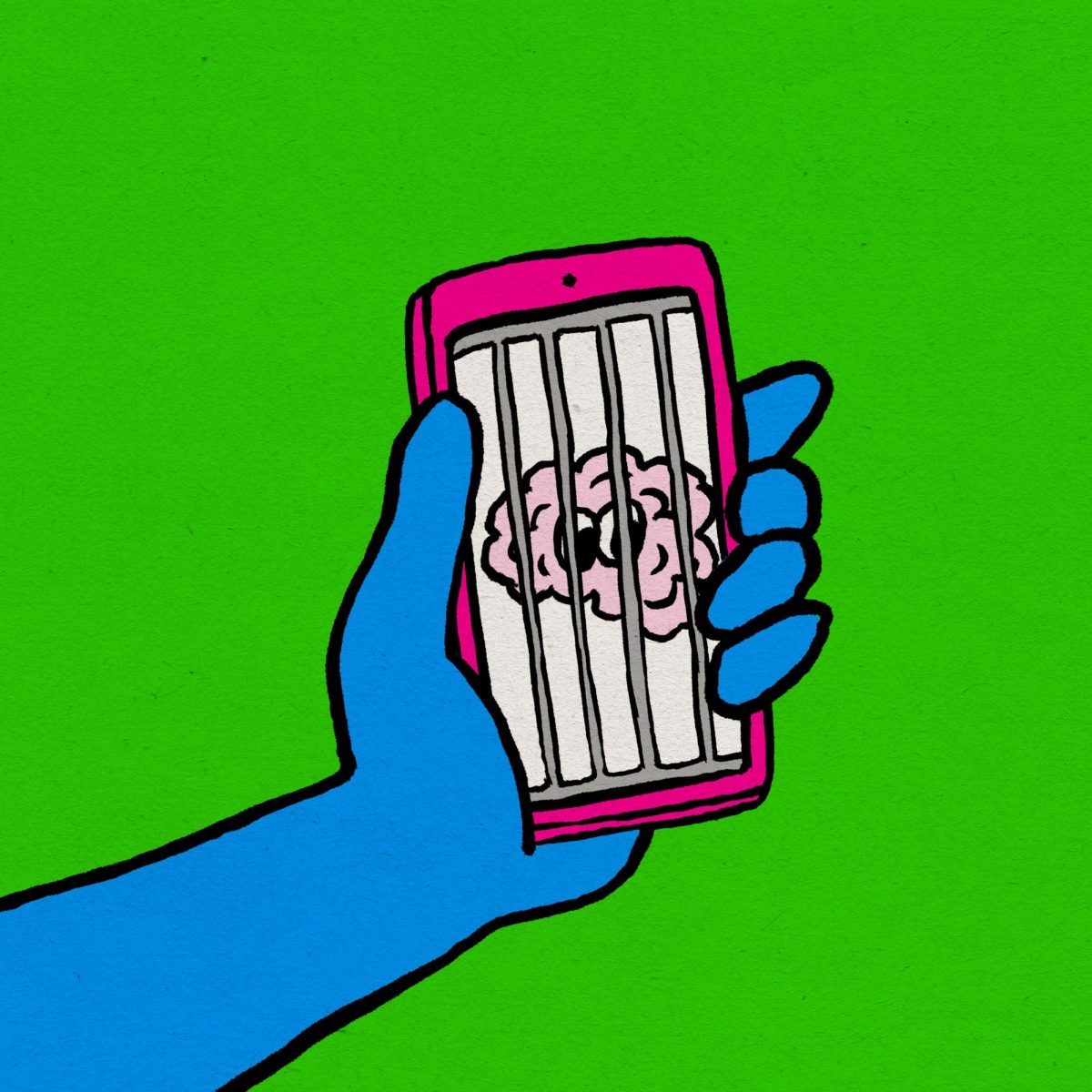TikTok’s new influencer of the month is a 32-year-old convicted felon named Gypsy Rose Blanchard. After serving seven years of her 10-year sentence for the second-degree murder of her mother, she has been released and is documenting her freedom for a wide audience through major media sources and her personal TikTok account. Blanchard, after being persuaded by an online boyfriend, killed her mother in 2015. Her mother, Clauddine “Dee Dee” Blanchard, had forced Blanchard to pretend that she was afflicted with serious illnesses such as leukemia. Her crime drew much attention, in part because it was thought to be a result of Munchausen syndrome by proxy, which is a form of child abuse. With her 9.8 million followers, Blanchard hopes to raise awareness of Munchausen syndrome by proxy and finally take control of her own narrative — which it appears the media and numerous documentaries have harnessed for their monetary benefit. Based on her appearances in the public eye, she continues to take responsibility for her role in the murder of her mom.
While Blanchard’s motivations seemed to be coming from the right place, her newfound fame deserves a bit of investigation into the moral consideration of the expansion of true crime media. As a society, we’ve become too casual with the way we consume violence.
With the expansion of media, modern true crime can be digested in several ways, including podcasts, movies, TV shows, major news sources, YouTube videos, public forums or social media. This begs the question of why true crime is so prevalent in our media today.
According to Dr. Scott Bonn’s article in Psychology Today, the answer to this question may be as easy as that we are “drawn to serial killers because they trigger the most basic and powerful emotion in all of us — fear.” People who constantly consume true crime media are drawn to the adrenaline rush they get from the twists and turns of these vicious murders. Furthermore, Bonn explains that these gruesome murders attract so much attention that the killers themselves become “popular culture legends.” It’s no wonder that true crime media has inspired niche fandom communities of those drawn to this genre.
Social media has provided fandoms with a community to share their love for morbid stories and give anyone a platform to share their true crime findings. Virtually anyone with internet access and novice marketing skills can make a viral true crime TikTok or YouTube video. As these true crime “influencers” gain more followers, they naturally put more effort into their deep dives into the genre to keep their audience returning for more.
But where do these true crime junkies draw the line between pure curiosity and complete invasion of privacy? It seems that YouTuber Zav Girl crossed this line herself in some controversy with the true crime community.
Zav Girl obtained autopsy photos from the brutal murder of an 11-year-old boy through a public records request. Instead of posting these records in her YouTube video, she granted access to the records via her Patreon, which viewers had to pay $3 to view. Her record request wasn’t meant to be seen by the public eye, which she explained in a video where she apologized for the incident. Regardless, making monetary gains from a murder is completely unethical. The Zav Girl controversy is a small representation of the greed and obsession that flows throughout the true crime empire. Victims become a public spectacle for viewers’ enjoyment while major services collect all the profit.
Beyond the ethical considerations for victims, true crime media shines a spotlight on these perpetrators who may be contributing to violent crimes in America. This becomes apparent when looking at media coverage surrounding mass shootings in the United States. In the case of mass shootings, media coverage of this true crime phenomenon can inspire others to attempt mass shootings. Researchers at the National Center for Health and Research found that numerous variables contribute to mass shootings, such as increasing availability of weapons and lack of weapon bans, but that media coverage does play a role. After major mass shootings at schools, many threats circulate and target schools nationwide. Researchers found that “two weeks after the Parkland school shooting on Valentine’s Day in 2018, 638 copycat threats targeted schools nationwide.” There have been many campaigns to reform the way the media covers mass shooters. Don’t Name Them and No Notoriety urge the media to avoid naming the shooters and disclosing their backstories to avoid inspiring others to follow in their behaviors. True crime media should take note of these campaigns and consider the consequences when releasing murder documentaries to the public.
The constant consumption of true crime normalizes violence and allows us to passively consume murder while sipping on our favorite lattes. Being desensitized to brutality can encourage people to indulge in violence without any moral reflection, as we see in instances such as the Zav Girl controversy. While it is unknown whether true crime encourages more violence, the publicity that the perpetrators of these crimes receive certainly glamorizes murders. In the case of Gypsy Rose Blanchard, she’s taken a mature approach to her newfound fame as a true crime spectacle and hasn’t given in to those who want to glamorize her crimes against her mother. Still, it is difficult for Blanchard to prevent this glamorization because her narrative is largely in the media’s hands. Rather than approaching these gruesome stories solely as entertainment, true crime media should be more considerate of victims and refrain from creating pop culture icons out of murderers.
















